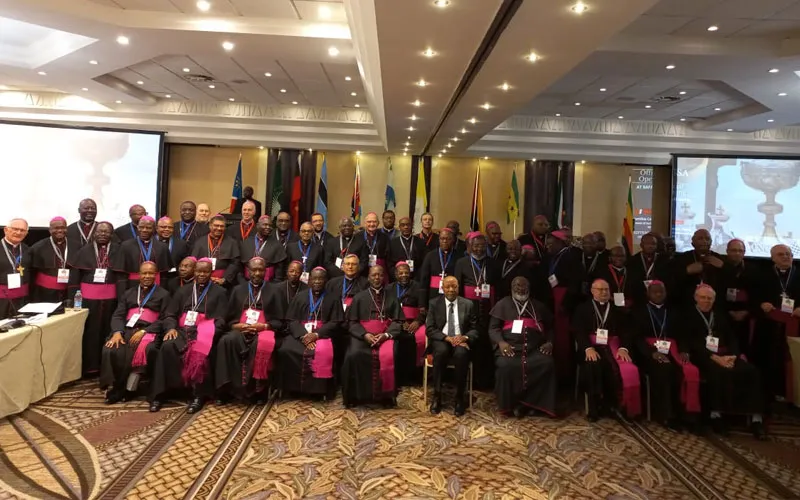Windhoek, 26 September, 2022 / 9:30 pm (ACI Africa).
The ongoing preparations for the Synod on Synodality entail the fostering of “reciprocal listening” and the discerning of the Spirit, the representative of the Holy Father in Namibia has told delegates of the 13th Plenary Assembly of the Inter-Regional Meeting of the Bishops of Southern Africa (IMBISA).
In his speech during the opening ceremony of the IMBISA Plenary Assembly that officially started on September 23 in Namibia’s Capital city, Windhoek, Archbishop Peter Bryan Wells encouraged Catholic Church leaders in the Southern African region to actualize “mutual listening and active dialogue to establish a relationship between faithful members of the Church”.
“Synodality is about reciprocal listening, where everyone has something to learn by listening to the Word of God, responding to the signs of the times and trying to discern what the Spirit is saying to the Church in their prayer and dialogue with one another,” Archbishop Wells said during the event convened at Safari Court Conference Centre in Windhoek.
The Apostolic Nuncio to Namibia who also represents the Holy Father in Botswana, Eswatini, Lesotho, and South Africa added, “In exercising this reciprocal listening as an activity of doing something together (journeying together), we tend to interact, listen and learn from each other, cooperate and exchange ideas and together make decisions.”
He went on to describe the ongoing Synodal process as “an essential dimension of the Church” and explained, “It expresses the Church's nature, form, style, and mission, and is what the Lord asks the Church in the third millennium.”








